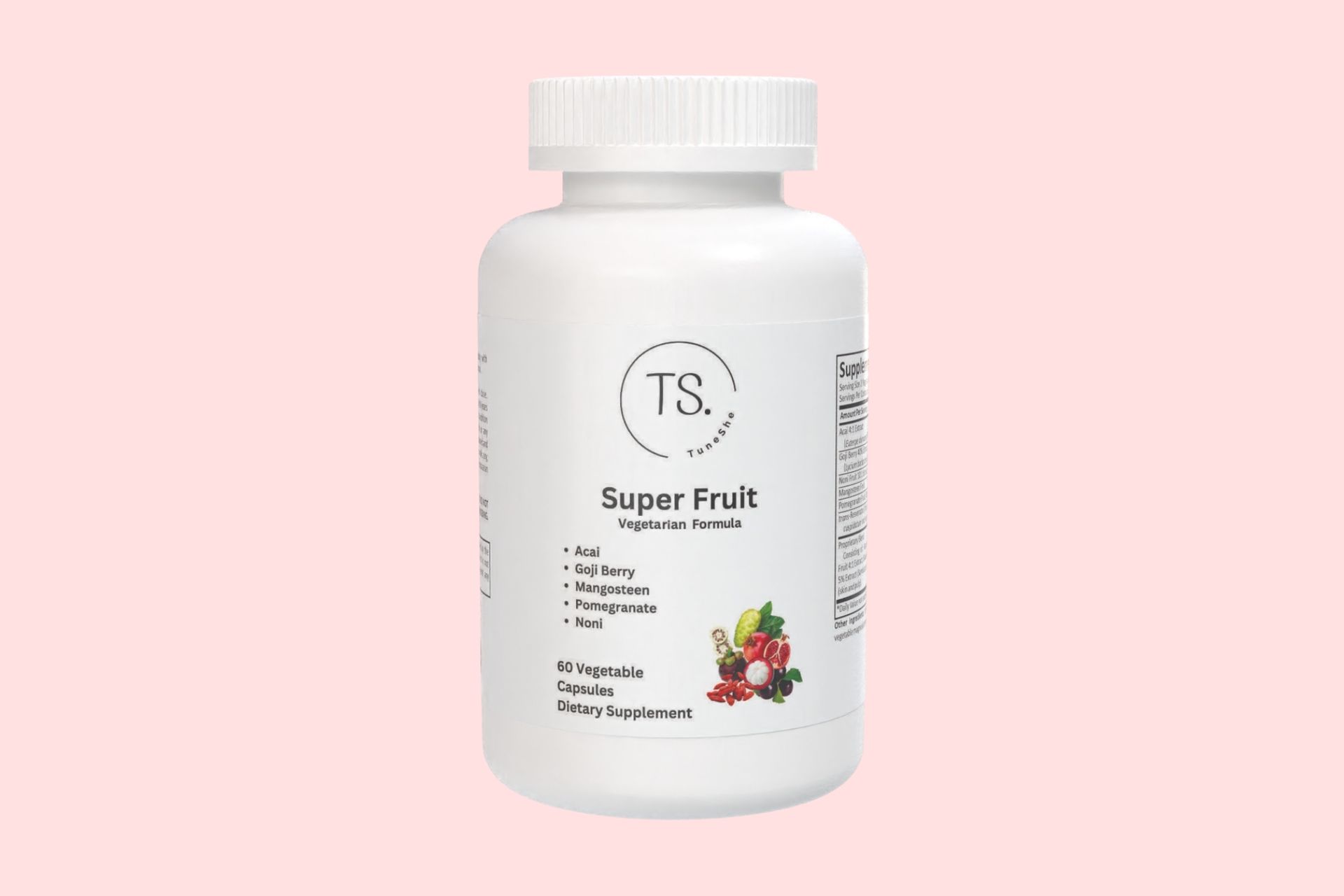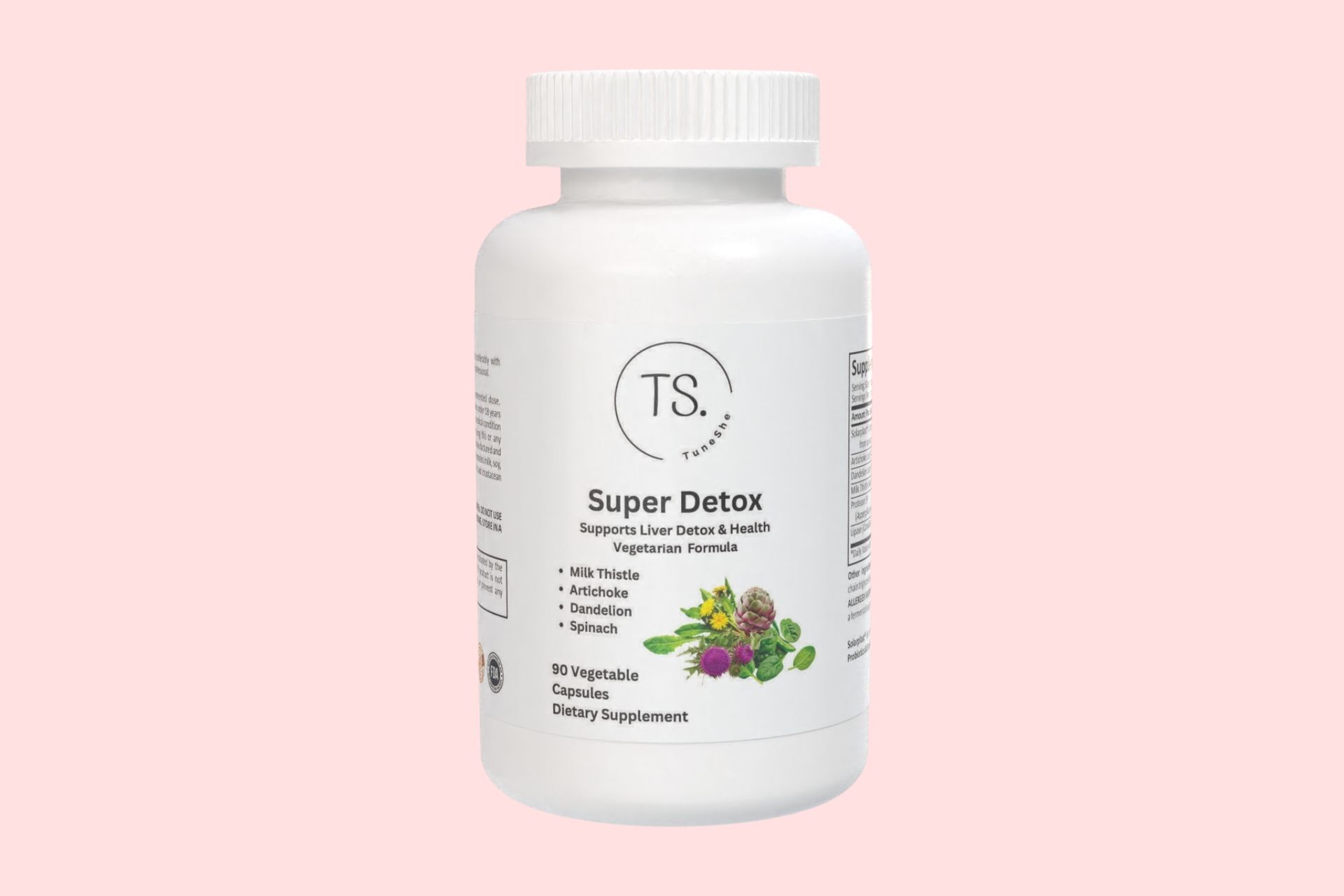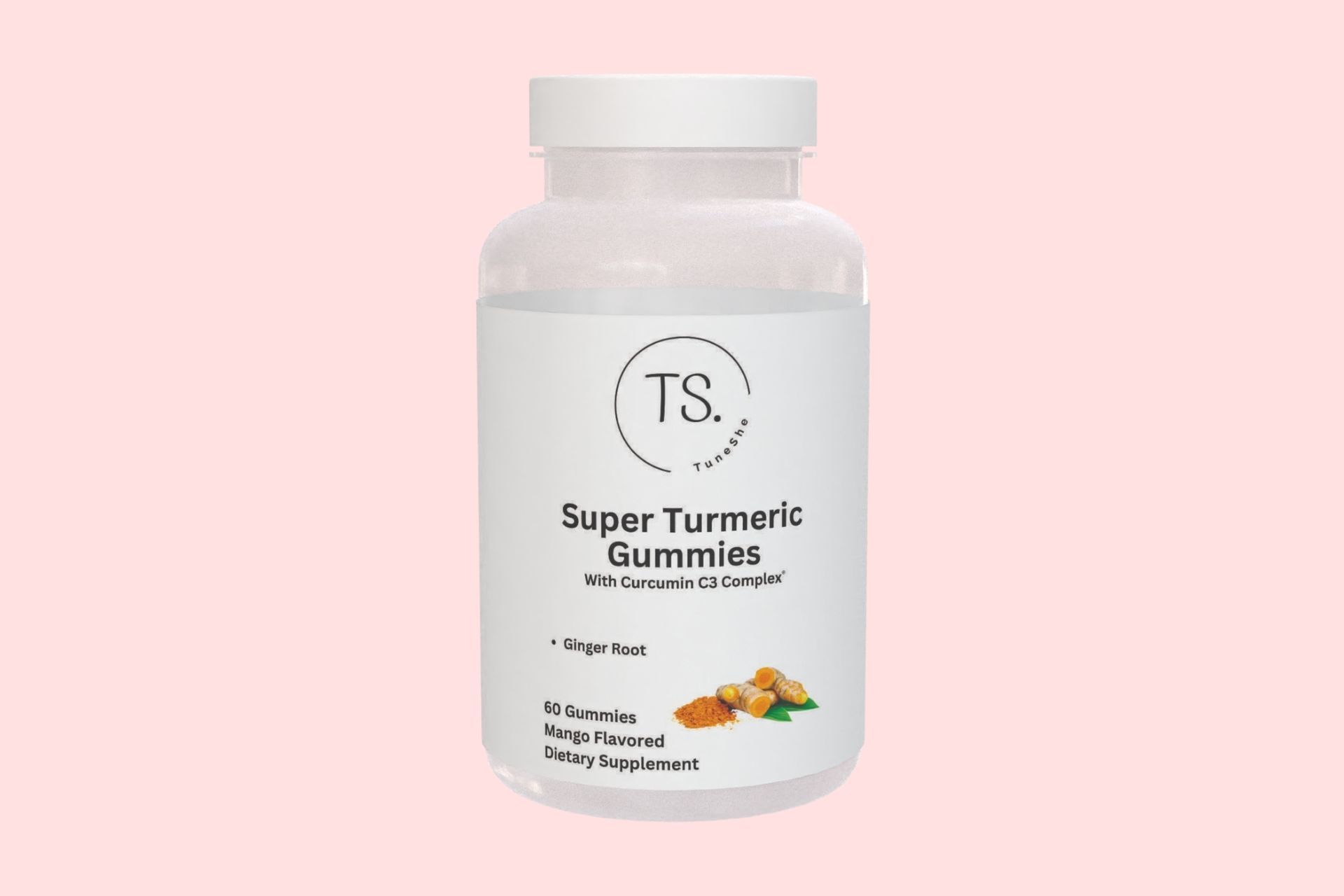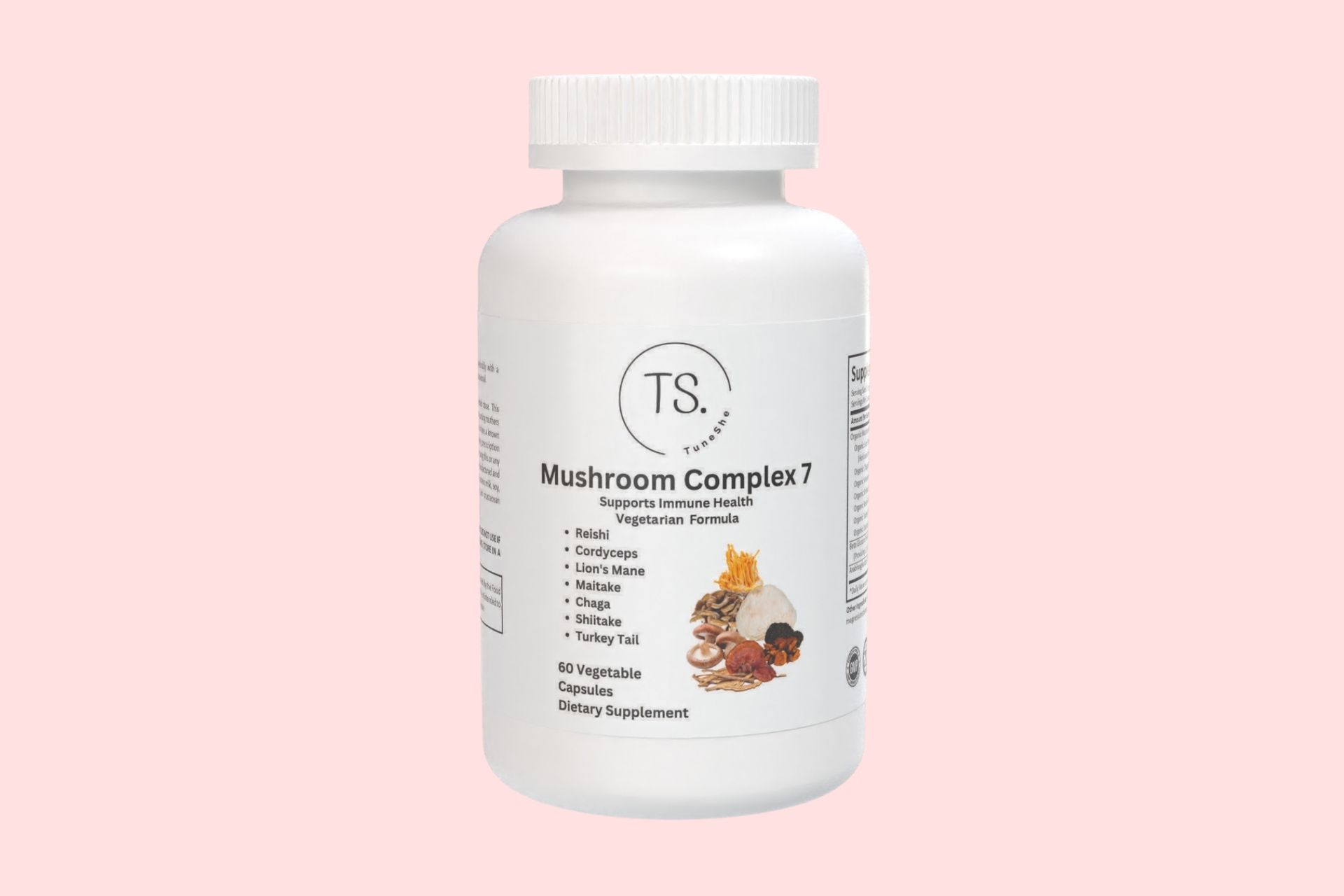about this PRODUCT
This product was particularly designed for the cell antioxidant, protecting healthy cells. It contains ten high-profile and rich-antioxidant fruits.
HIGH QUALITY OF THIS PRODUCT
RETAIL PRICE
59.99 USD

BFS METHOD® OF THIS PRODUCT
Body
- Whole Body Cells
Function
- Cell Antioxidant
Supplements
List of Services
-
AcaiItem Link List Item 1
Acai (pronounced ah-sigh-EE) fruit comes from the acai palm tree native to the rainforests of Central and South America, particularly in the Amazon basin. Acai berries are rich in antioxidants, particularly anthocyanins. Free radicals can cause oxidative damage to cells and tissues, which antioxidants help to prevent. The antioxidants in acai may help improve heart health by reducing oxidative stress and inflammation, lowering blood pressure, and improving cholesterol levels. These effects can contribute to a reduced risk of cardiovascular diseases. Acai has anti-inflammatory properties that can help reduce inflammation in the body. The antioxidants and polyphenols in acai can enhance the body's defense mechanisms and improve overall immune function.
-
Goji BerryItem Link List Item 2
Goji Berries have been used in traditional Chinese medicine for centuries. They are packed with antioxidants, including vitamin C, beta-carotene, and various polyphenols. Antioxidants help neutralize harmful free radicals in the body, protecting cells and tissues from oxidative damage and reducing the risk of chronic diseases. The high vitamin C content in goji berries can boost the immune system and enhance the body's defense mechanisms. They may help reduce the severity and duration of colds and other infections. Goji berries are a good source of zeaxanthin and lutein, carotenoids that are beneficial for eye health. These compounds may help protect the eyes from age-related macular degeneration and other vision problems. Goji berries are a good source of dietary fiber, which supports digestive health by promoting regular bowel movements and preventing constipation.
-
Noni FruitItem Link
Noni Fruit is a tropical fruit that has been used for its potential health benefits in traditional Polynesian and Southeast Asian medicine for centuries. It is rich in antioxidants, including vitamin C, vitamin A (as beta-carotene), and various polyphenols. These antioxidants help neutralize harmful free radicals in the body, protecting cells and tissues from oxidative damage. The vitamin C content in noni fruit can boost the immune system and enhance the body's defense mechanisms. Noni fruit has been traditionally used to alleviate pain, including joint pain and arthritis. contains compounds that have antibacterial and antifungal properties. These properties may help protect against infections caused by bacteria and fungi. Noni fruit is believed to have potential anti-aging effects due to its high antioxidant content.
-
Mangosteen FruitItem Link
Mangosteen Fruit is a tropical fruit native to Southeast Asia. It is often referred to as the "queen of fruits". It is packed with antioxidants, particularly xanthones. These antioxidants help neutralize harmful free radicals in the body, protecting cells and tissues from oxidative damage. Xanthones also have anti-inflammatory properties that can help reduce inflammation in the body. Studies have shown that certain compounds in mangosteen may have potential anti-cancer properties. They may inhibit the growth of cancer cells and reduce the spread of tumors. Mangosteen is also believed to have potential anti-aging effects due to its high antioxidant content. It may help lower blood pressure, reduce cholesterol levels, and improve overall heart health.
-
Pomegranate FruitItem Link
Pomegranate Fruit is a nutrient-rich fruit that has been valued for its potential health benefits for centuries. Pomegranates are loaded with antioxidants, particularly polyphenols such as anthocyanins and ellagic acid. These antioxidants help neutralize harmful free radicals in the body, protecting cells and tissues from oxidative damage and reducing the risk of chronic diseases. It has been shown to have various cardiovascular benefits. They may help lower blood pressure, reduce LDL (bad) cholesterol levels, improve blood flow, and prevent the buildup of plaque in the arteries. These effects can contribute to a reduced risk of heart disease. Pomegranate is a good source of dietary fiber, which supports digestive health by promoting regular bowel movements and preventing constipation. Pomegranates are relatively low in calories and contain fiber, which can promote a feeling of fullness and reduce appetite. They are a healthy addition to a weight management plan.
-
Raspberry FruitItem Link
Raspberries are loaded with antioxidants, including vitamins C and E, quercetin, and anthocyanins. These antioxidants help neutralize harmful free radicals in the body, protecting cells and tissues from oxidative damage and reducing the risk of chronic diseases. Their high fiber content helps lower cholesterol levels, and the antioxidants in raspberries can reduce the risk of heart disease by preventing the oxidation of LDL (bad) cholesterol. Additionally, raspberries contain potassium, which supports healthy blood pressure levels. Raspberries are an excellent source of dietary fiber, which supports digestive health by promoting regular bowel movements, preventing constipation, and supporting a healthy gut microbiome. Raspberries have a relatively low glycemic index, which means they have a mild impact on blood sugar levels. They can be part of a balanced diet. Studies suggest that the antioxidants in raspberries may have potential anti-cancer properties. They may inhibit the growth of cancer cells and reduce the risk of certain types of cancer, particularly esophageal and colorectal cancer.
-
Black Cherry FruitItem Link
Black Cherry Fruit is native to North America. It is rich in antioxidants, including anthocyanins, quercetin, and vitamin C. Antioxidants help neutralize harmful free radicals in the body, protecting cells and tissues from oxidative damage. Some compounds in black cherries, particularly anthocyanins, have anti-inflammatory properties. Consuming black cherries may help reduce inflammation in the body. Black cherries have been traditionally used for their potential pain-relieving properties. Some people believe that consuming black cherries or black cherry juice may help reduce joint pain, gout symptoms, and muscle soreness. The antioxidants lutein and zeaxanthin, found in black cherries, are beneficial for eye health. They may help protect the eyes from age-related macular degeneration and other vision problems. Studies have suggested that black cherries may help regulate blood sugar levels and improve insulin sensitivity.
-
Elderberry FruitItem Link
Elderberries have been used for centuries in traditional medicine and culinary applications. Elderberries are well-known for their immune-boosting properties. They are rich in vitamins, particularly vitamin C, which can enhance the immune system's response to infections and illnesses. Elderberries also contain compounds that may help stimulate the production of immune cells, reducing the severity and duration of colds and flu. Elderberries are packed with antioxidants, including anthocyanins and flavonoids. These antioxidants help neutralize harmful free radicals in the body, protecting cells and tissues from oxidative damage and reducing the risk of chronic diseases. Studies suggest that elderberry extracts may have antiviral properties and can inhibit the replication of certain viruses, which can be particularly beneficial during cold and flu seasons.
-
Blueberry FruitItem Link
Blueberries are one of the richest sources of antioxidants among all fruits and vegetables. Their high concentration of anthocyanins, flavonoids, and other antioxidants aids in shielding cells and tissues from free radical-induced oxidative damage. This can reduce the risk of chronic diseases and slow the aging process. The antioxidants in blueberries can help reduce blood pressure, lower LDL (bad) cholesterol levels, and improve overall cardiovascular function. They also promote healthy blood vessel function and reduce the risk of heart disease. Blueberries are often referred to as "brain berries" because they may help improve cognitive function. Research suggests that the antioxidants in blueberries may slow age-related cognitive decline, enhance memory, and protect against neurodegenerative diseases like Alzheimer's disease. Blueberries are rich in antioxidants that can promote healthy skin by protecting against oxidative stress and UV damage.
-
Grape SkinItem Link
Grape Skins are rich in various bioactive compounds that offer several potential health benefits. Grape skins are abundant in antioxidants, particularly resveratrol, quercetin, and proanthocyanidins. These antioxidants help neutralize harmful free radicals in the body, protecting cells and tissues from oxidative damage. This can reduce the risk of chronic diseases and slow down the aging process. The antioxidants in grape skins may promote heart health by reducing oxidative stress, lowering blood pressure, and improving cholesterol levels. Resveratrol, in particular, has been linked to improved heart function and a reduced risk of cardiovascular diseases. Resveratrol and other grape skin compounds have been investigated for their potential cognitive benefits. They may help protect brain cells from oxidative damage, improve memory, and reduce the risk of neurodegenerative diseases like Alzheimer's disease.
TUNE INTO HER BODY
COPYRIGHT TS.TUNESHE 2024
These statements have not been evaluated by the Food and Drug Administration. This product is not intended to diagnose, treat, cure or prevent any disease.








